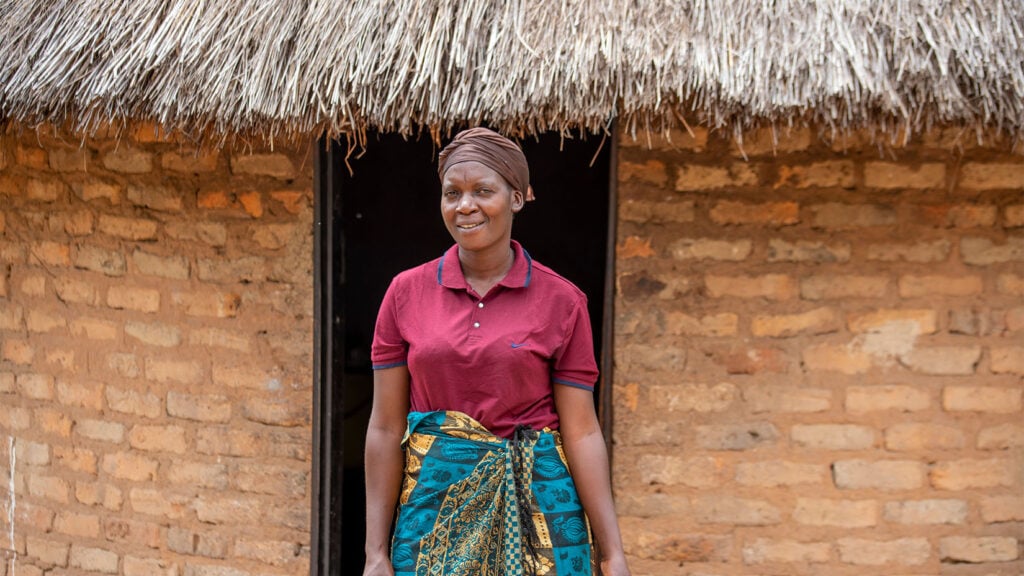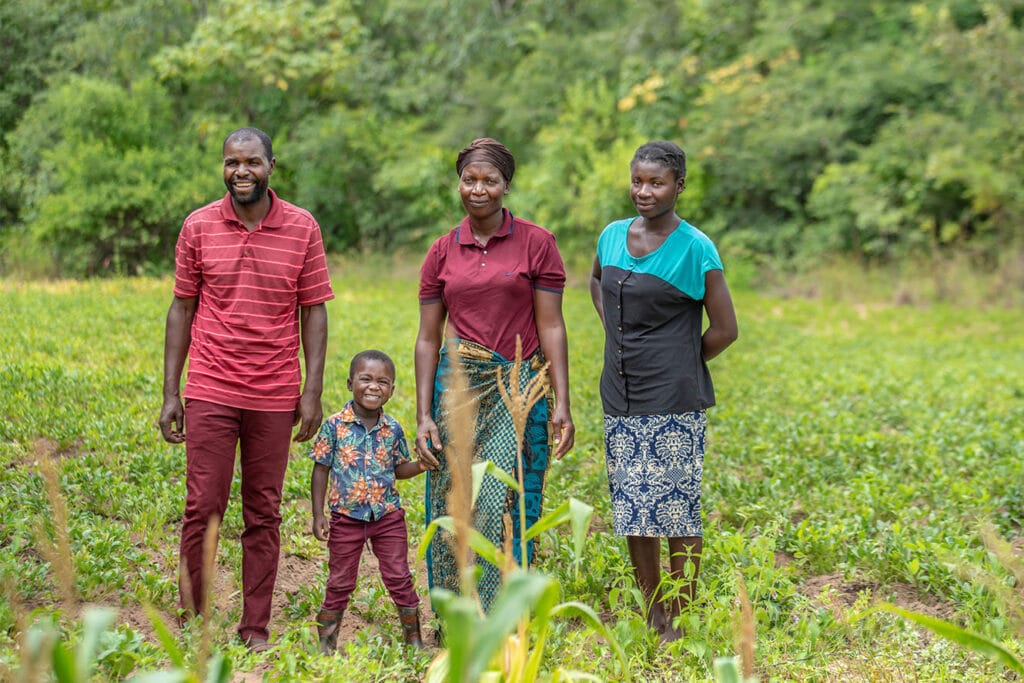
Priscilla and Aquila played a key role in Paul’s incredible ministry to expand the reach of the Christian church (Romans 16:3). The pair were tentmakers, like Paul, and went on to plant churches across Corinth and Ephesus.
Priscilla and Aquila are always mentioned together in the Bible. Here we see a wonderful example of a couple working together to further God’s work. Considering the context of when the Bible’s pages were penned, Priscilla’s name mentioned alongside Aquila’s in every instance is making a statement, as is the fact that her name appears before Aquila’s four times. Paul wants us to know that he was working with not just Aquila but with Priscilla too — that the couple was working together to spread the gospel and expand Christianity. Though different for the time, their relationship was an example of how effective it can be when men and women work together for a common cause.
Just as advances are made in technology, science, and medicine, societies shift and evolve too. As such, most Western cultures are striving for gender equality in Parliament, in leadership, and in the workforce. According to the United Nations, “Gender equality is not only a fundamental human right, but a necessary foundation for a peaceful, prosperous, and sustainable world.… Putting women and girls at the center of economies will fundamentally drive better and more sustainable development outcomes for all.”1
In developing nations, women “having a seat at the table” is even more important. Research indicates that “as a result of seeing female leadership in their village, adolescent girls were more likely to want to wait until after the age of eighteen to marry, and to aim for a job that required an education.”2 Further, “Supporting the health of women in developing nations has a direct impact on the health and wellbeing of children.”3

At the Adventist Development and Relief Agency (ADRA), we have seen firsthand the impact that including women in conversations about their future can have on whole communities.
Take Shupikai in Zimbabwe, for example. Shupikai and her family were living hand to mouth, barely able to afford money for food and school fees. Her only means of survival was farming, but it wasn’t enough. With ADRA’s help, Shupikai received access to the loan she needed to start a chicken farming project. Together with ADRA’s animal raising and farm training, Shupikai repaid her loan and can now support her family. But Shupikai didn’t stop there.
“I have now made it part of my job to teach other people about the savings and lending system,” Shupikai said. “I am now so confident to stand in front of communities of men and women to share with them the things I have learned from ADRA. I am so happy that I can engage in projects to better my life and that of my family.”
The contribution of ADRA supporters can provide mothers like Shupikai with the skills and resources they need to build a brighter future for themselves, their families, and their communities.
_________________________
1. United Nations Sustainable Development Goals, no. 5, “Gender Equality,” n.d., www.un.org/sustainabledevelopment/gender-equality/.
2. Julia Gillard and Ngozi Okonjo-Iweala, Women and Leadership: Real Lives, Real Lessons (Cambridge, MA: MIT Press), 36.
3. Paula Y. Goodwin, Dean Garrett, and Osman Galal, “Women and Family Health: The Role of Mothers in Promoting Family and Child Health,” International Journal of Global Health and Health Disparities 4, no. 1 (2005), 30-42.
The original version of this commentary was posted by Adventist Record.